blu prinston is the Communications Assistant at Now + There, as well as a writer and organizer in Boston.
Black History Month is a time ripe for deep reflections and engagement.
First organized and promoted by historian Carter G. Woodson in 1926 as Negro History Week, Black History Month is a celebration rooted in recognizing Black American life and contributions that continues to create opportunities for unlearning and relearning.
Scholars, teachers, youth, and everyday people today benefit from myriad ways and tools to raise their awareness and study of Black history, culture, and scholarship. With “The 1619 Project” we witnessed an ongoing initiative from New York Times Magazine with the aim of reframing U.S. history by retelling a more nuanced and detailed narrative that centers the consequences of slavery and contributions of enslaved Black folx and their descendants to the United States and associated imperialist projects.
Consequently, “The 1619 Project" faced much criticism and debate on social media and in op-eds, with an alarming claim that the New York Times ignored fact-checkers and cherry-picked details that would uphold the project. Its first publication in August 2019 gathers a stellar group of reporters, professors, and writers, including Pulitzer Prize Winning Reporter Nikole Hannah-Jones, who made one of three covers of Essence Magazine November/December 2021 issue, alongside Olympic gymnast Simone Biles and grammy winning singer and performer Lizzo; Eve Ewing, author of 1919, listed as NPR Best Books of 2019; Kiese Laymon, author of ‘‘How to Slowly Kill Yourself and Others in America’’ and ‘‘Heavy: An American Memoir.’’, awarded for the 2019 Andrew Carnegie Medal for Excellence in Nonfiction; and 2017 MacArthur fellow Jesmyn Ward author of “Men We Reaped”. This project displays remarkable interconnectedness, which requires trust, purpose alignment, and open communication, three distinct hallmarks of successful collaboration.
While I wish that NYT Magazine spent more time listening to fact-checkers, I recognize the gravity and urgency of this attempt at revising history, halfway through the Donald Trump presidency - a time marked with hateful rhetoric and real-world violence.
Though imperfect, I see revision as a necessary part of the world-building we all do as we imagine, design, and implement the values, agreements, ideas, and objects that will take us where we want/need to be.
We make the revolutionary history, telling the past as we have learned it mouth-to-mouth, telling the present as we see, know, and feel it in our hearts and with our words.
bell hooks, Talking Back: Thinking Feminist, Thinking Black
History has folds and holes; It is a complex thing. A breathing thing almost, taking after us, the living (and the dead).
As a thinker and lifelong student of philosophy, society, and culture, I am particularly interested in the multitude of ways that space affects our (creative) expression and vice versa.
So many black folks have been raised to believe that there is just so much that you should not talk about, not in private and not in public. So many poor and working-class people of all races have had the same stuff pushed down deep in them. One of the jokes we used to have about the “got everything” white people is how they just tell all their business, just put their stuff right out there. One point of blackness then became—like how you keep your stuff to yourself, how private you could be about your business.
bell hooks, Talking Back: Thinking Feminist, Thinking Black
I hope we collectively move toward conversations that make us wholly uncomfortable so that we may sit in our hunger and fill our bellies with a renewed sense of trust in each other and with communities who steward this land with us.
My curiosity is unfulfilled, concerned with very provocative discourse about the limits of identity politics, the constant failures to hold race and class together, the threats and possibilities of late-stage capitalism on spirit/body/mind, the space between abolition and accountability, diasporic legacies and futures, sustainable systems of change and placemaking, the current state of Black love and Black joy, and the myth of Black capitalism, among other very pertinent subjects.
Since its inception, the Black History Month celebration has stood as a clear call toward active listening, critical thinking, and consistent practice of sustainable values, agreements, and cultures. When we spend enough time critically looking at the last fifty-three years of this celebration, we find all the tools we need to grow and an endless source of affirmations, urging us to opt for different choices instead of answering to the impulse of making the same choice(s) over and over again.
Keep reading for nudges to help activate your learning and practice! Send us YOUR leads!
Spirit + Space
1619 Project: Education Materials Collection
Boston Ujima Project’s #BlackTrust with Kiese Laymon & Porsha Olayiwola
Reimagining Blackness and Architecture
Black Body + Art

